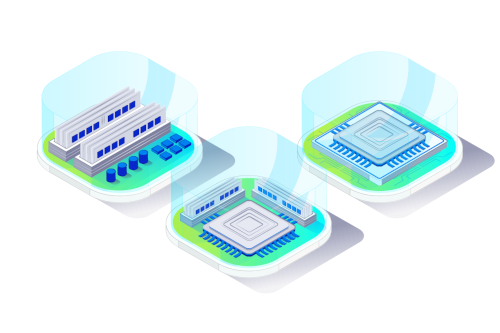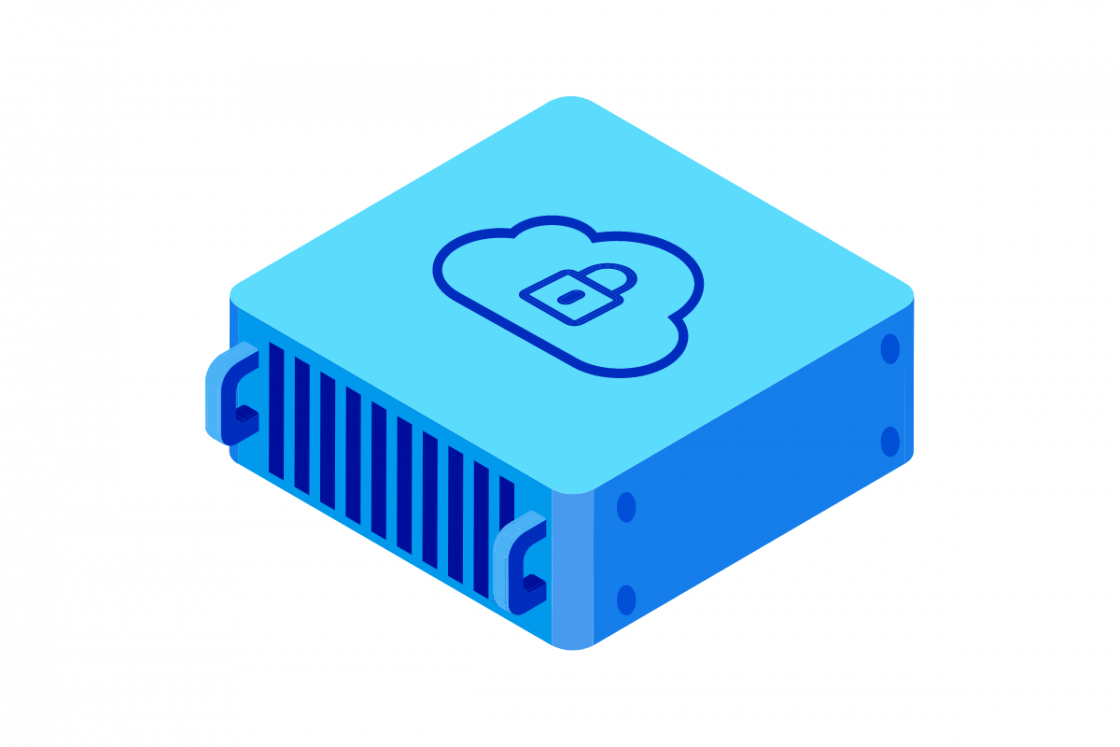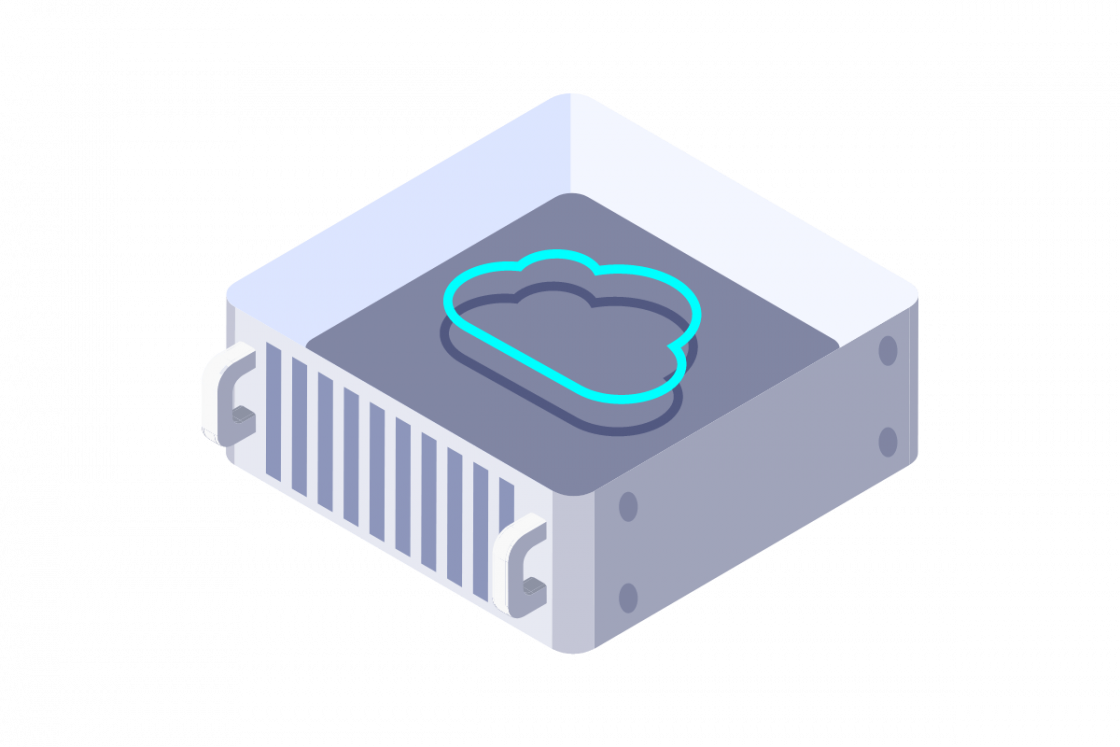What is cognitive search?
Definition of Cognitive Search and its Components
Cognitive search leverages AI, including natural processing and machine learning (ML), to understand the intent and context of user queries, enabling it to deliver highly nuanced search outcomes from diverse data sources. This goes beyond simple keyword matching, aiming to provide a more intuitive and insightful UI by mimicking human understanding of information.
It moves beyond traditional keyword-based UIs by leveraging artificial intelligence (AI) and ML to understand the intent and context behind a query, rather than simply matching keywords. This allows cognitive search to deliver more accurate, and insightful results.

Instead of just retrieving a list of documents containing specific words, cognitive search aims to understand the meaning behind the user's question and provide answers, summaries, and connections between seemingly disparate pieces of info.
It mimics, to some degree, human cognitive processes like understanding language, recognizing patterns, and drawing inferences. Several key components work together to make cognitive search possible:
- Natural language processing (NLP): NLP is crucial for understanding the nuances of human language, including syntax, semantics, and sentiment. It allows the search engine to interpret the meaning of words and phrases, identify entities (people, places, organizations), and understand the relationships between them.
This enables people to search using natural words and phrases, rather than needing to formulate precise keyword queries.
- Machine learning (ML): ML algorithms are used to train the search engine on vast amounts of data, enabling it to learn patterns, identify information, and improve its accuracy over time.
ML techniques like ranking algorithms, clustering, and classification help the search engine to organize and prioritize results based on relevance and preferences.
- Knowledge graphs: Knowledge graphs represent info as a network of interconnected entities and their relationships.
They provide a structured representation of knowledge that allows the search engine to understand the context of a query and provide more comprehensive and insightful results. For example, a knowledge graph might connect "Albert Einstein" to "Relativity Theory" and "Physics," enabling the engine to understand the relationship between these concepts.
- Semantic search: Semantic search focuses on understanding the meaning and intent behind a query, rather than just matching keywords. It leverages NLP and knowledge graphs to identify the concepts and entities close to the query and retrieve results that are semantically related, even if they don't contain the exact keywords.
- Data connectors: Cognitive search needs access to a wide variety of data sources, both structured and unstructured, to provide comprehensive results. Data connectors enable the search engine to ingest and index data from various sources, such as databases, documents, websites, and social media.
It’s also worth noting that a well-designed user interface is essential for presenting the results of a cognitive search in a clear and intuitive way.
This may include features such as faceted search, visualizations, and summaries to help users quickly find the info they need. In some instances, generative artificial intelligence can also support cognitive search.
Cognitive Search vs Traditional Search Methods
Cognitive search marks a fundamental shift in how we interact with data. Unlike traditional search methods that rely on keyword matching, cognitive search leverages the power of artificial intelligence and ML to understand the true meaning and intent behind a question.
Traditional engines often struggle with complex questions, nuanced language, and the need to understand context, simply retrieving documents containing specific keywords. This can lead to irrelevant hits and a frustrating user experience.
Cognitive search, on the other hand, aims to mimic human cognitive processes, interpreting the meaning of words and phrases, identifying entities, and understanding the relationships between them. This allows users to search using natural language, as if they were asking a question to a knowledgeable expert, rather than needing to formulate precise keyword queries.
More Helpful Answers
The difference between traditional and cognitive UI is akin to asking a librarian to find books containing specific words versus asking an expert to answer your question directly. The expert understands the nuances and context of your question and can give a comprehensive and insightful answer, even if you don't use the exact "right" words.
This is achieved through a combination of key components. Natural Language Processing (NLP) allows the search engine to understand the subtleties of human communication, while ML algorithms enable it to learn patterns and improve its accuracy over time. Knowledge graphs give a structured representation of info, allowing the search engine to understand the relationships between concepts, and semantic search focuses on understanding the meaning and intent behind a query.
These technologies work together to deliver responses that are not only related to the query but also insightful, providing answers, summaries, and connections between seemingly disparate pieces of information.
Cognitive search represents a move away from simply finding documents to truly understanding data, empowering people to ask complex questions in natural language and receive relevant and insightful answers.
What are the benefits of cognitive search?
Cognitive search offers a range of compelling benefits that enhance information retrieval and knowledge discovery. Its ability to understand context and intent leads to significantly improved search experiences and outcomes.
One of the primary advantages is increased relevance and accuracy. By understanding the meaning behind a query, cognitive search delivers listings that are far more related to the user's actual needs, reducing the time spent sifting through irrelevant information.
This translates to improved productivity, as people can quickly find the information they need to make informed decisions and complete tasks efficiently. Furthermore, cognitive UI fosters deeper insights by connecting seemingly disparate pieces of data and revealing hidden patterns.
This can lead to new discoveries, better understanding of complex topics, and more informed decision-making.
Better User Experience Democratises Information
Another key benefit is enhanced UX. Cognitive search supports natural queries, allowing users to query using conversational lingo, as they would ask a question to a human expert. This makes searching more intuitive and user-friendly, eliminating the need to formulate complex keyword queries.
This also contributes to democratization of information, making it easier for users of all technical levels to access and understand complex data.
Cognitive search can also offer personalized experiences, tailoring the response to individual preferences, past history, and contextual information. This ensures that people see the key information for their specific needs.
Beyond individual users, it offers significant advantages for organizations. It can uncover hidden knowledge within vast amounts of data, enabling organizations to leverage their information assets more effectively.
This can lead to improved innovation, better service, and more efficient operations. Cognitive search also facilitates knowledge sharing and collaboration by making it easier for employees to find and access insights across the organization.
Finally, it can drive better decision-making by providing access to comprehensive and insightful information, enabling leaders to make more informed and strategic choices. In short, it empowers individuals and organizations to unlock the full potential of their data, transforming info into actionable insights.
Applications and use cases of cognitive search in various industries
Cognitive search is transforming how organizations across diverse industries leverage information. Its ability to understand context and intent makes it a powerful tool for a wide range of applications and use cases.
- Healthcare sector: human-like search can help doctors quickly access patient records, research medical literature, and find relevant clinical trials, leading to more informed diagnoses and treatment plans. It can also empower patients to find reliable info about their conditions and treatment options.
- Finance: it can be used to analyze market trends, identify investment opportunities, and manage risk. It can also help financial institutions comply with regulations and detect fraud.
- Law: for legal professionals, it can streamline legal research, helping lawyers quickly find relevant case law, statutes, and other legal documents. This can significantly improve efficiency and reduce the time spent on manual research.
- Manufacturing: helps operational efficiency, optimizes supply chains, and enhances product development. It can help engineers quickly find technical documentation, identify potential problems, and collaborate on solutions. In the e-commerce sector, cognitive search can personalize product recommendations, improve search relevance, and enhance the customer experience. It can also be used to analyze customer behavior and identify trends.
- Government agencies: improves citizen services, streamline internal processes, and enhance decision-making. It can help government employees quickly find relevant information, respond to citizen inquiries, and analyze complex data.
Beyond these specific examples, it is also being applied in areas like customer service, where it can power intelligent chatbots and virtual assistants that can understand and respond to customer inquiries in natural words.
In education, it can help students find relevant materials and research topics more effectively. And in media and entertainment, it can be used to personalize content recommendations and improve search within vast libraries of content.
The potential applications of cognitive search are vast and continue to expand as the technology evolves. Its ability to transform unstructured data into actionable insights makes it a valuable tool for any organization that relies on information to drive its operations and achieve its goals.
OVHcloud and Cognitive Search
With OVHcloud cloud solutions you can empower your projects with scalable ML, rapid AI training, and comprehensive cloud analytics. Leverage powerful AI solutions infrastructure to transform data into actionable insights, driving innovation and efficiency.

AI and ML
OVHcloud delivers a robust platform for AI and machine learning. Build complex models efficiently with scalable GPU resources, manage data pipelines, and deploy AI applications seamlessly within a secure cloud environment.

AI training
Accelerate your AI development with OVHcloud's dedicated AI training solutions. Benefit from optimized infrastructure, high-performance computing, and flexible deployment options designed to streamline the training of sophisticated machine learning models.

Cloud analytics
Unleash the power of your data with OVHcloud's comprehensive cloud analytics services. Process vast datasets, visualize trends, and derive actionable insights using scalable storage and compute, tailored for diverse analytical workloads.